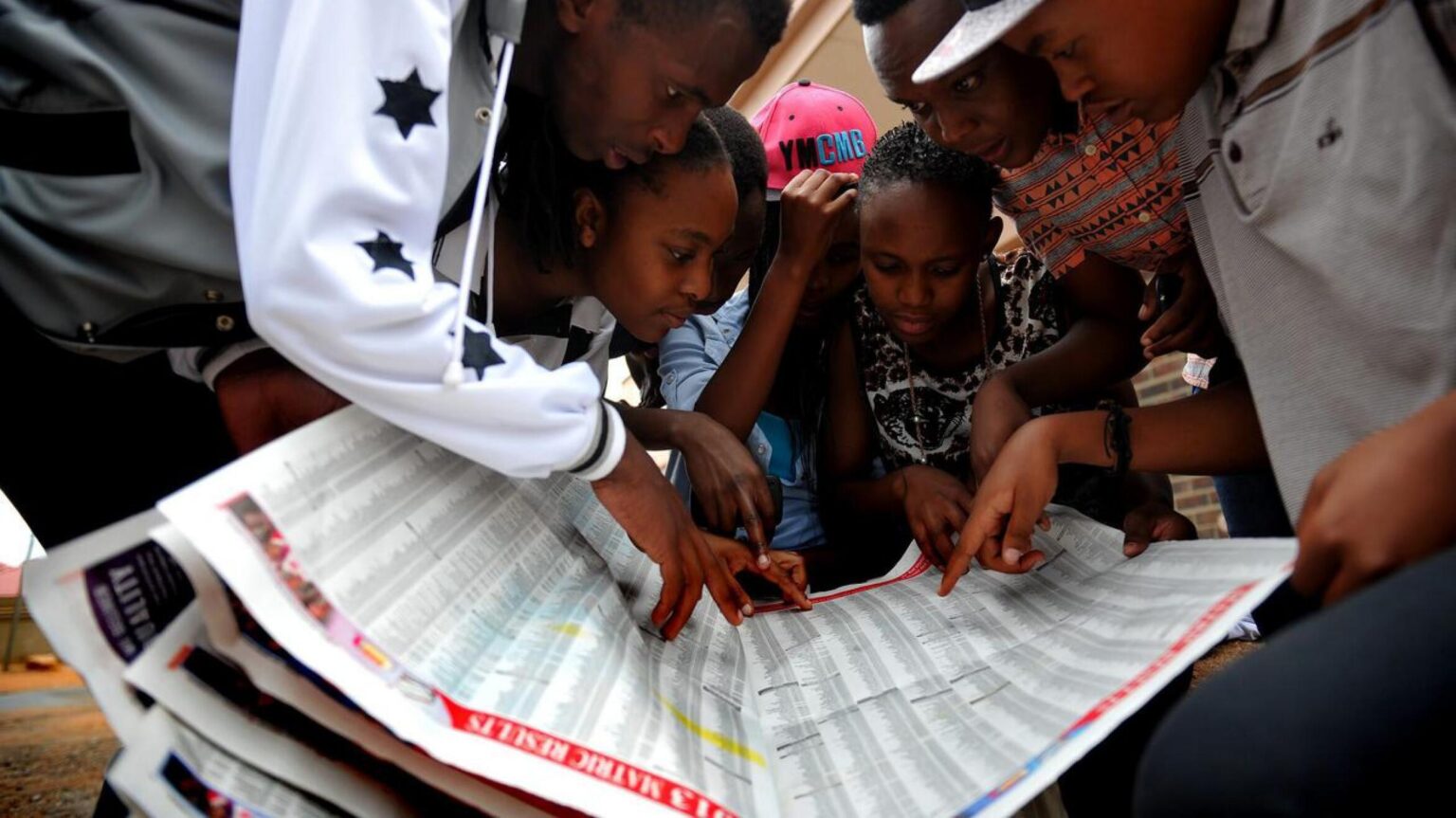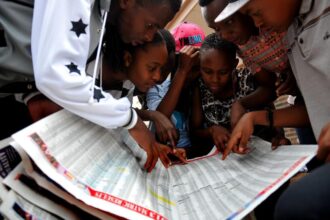The Department of Basic Education (DBE) is grappling with mounting pressure to resolve the controversy surrounding the publication of matric results, following a directive by the Information Regulator (IR) prohibiting their public dissemination. With weeks to go before the results are due, calls for a resolution are intensifying from various stakeholders, including parents, advocacy groups, and legal organisations.
Parents Demand Clarity
The KwaZulu-Natal Parents Association, led by Chairperson Vee Gani, has criticised the ban, arguing that it unfairly disadvantages learners. Gani acknowledged the importance of the Protection of Personal Information Act (POPIA) but stated that publishing examination numbers does not compromise student privacy.
“The banning of publishing results in the media is not going to help anyone. I feel sorry for the kids. How are they going to get their results? The government must first provide a reasonable alternative for pupils to access the matric results immediately,” said Gani.
Legal Action Looms
Advocacy group AfriForum has stepped in, announcing plans to mobilise its legal team to challenge the IR’s directive. AfriForum’s head of cultural affairs, Alana Bailey, asserted that the public’s right to access the results outweighs privacy concerns.
“Labelling it as a violation of individuals’ right to privacy does not make sense, as only examination numbers appear in the media,” Bailey argued.
This legal battle echoes a similar case in January 2022 when AfriForum successfully challenged a DBE ban, resulting in a court ruling that mandated the publication of matric results.
The Department’s Response
DBE spokesperson Elijah Mhlanga acknowledged the issue but stated that internal discussions were ongoing. The department’s legal team has been involved, and steps will be announced in due course.
The IR’s enforcement notice, issued on November 4, found that the DBE breached POPIA by not obtaining consent from learners or guardians before publishing results. The directive mandates the department to communicate results via secure, compliant methods, such as SMS or direct school contact, starting with the 2024 matric results.
Privacy vs. Access
The IR maintains that publishing results in newspapers without consent breaches privacy laws. It has also ordered the DBE to implement a consent system for future publications. However, critics like AfriForum argue that the traditional method of publishing results ensures accessibility and transparency, a sentiment echoed by many parents and educators.
What’s Next?
As the debate rages on, AfriForum has vowed to fight for this year’s matriculants to receive their results via media platforms as in previous years. Meanwhile, the DBE faces the challenge of balancing compliance with privacy laws and the public’s demand for accessible information.
The resolution of this dispute will have significant implications for how South Africa navigates the intersection of privacy, public interest, and tradition in the digital age.









